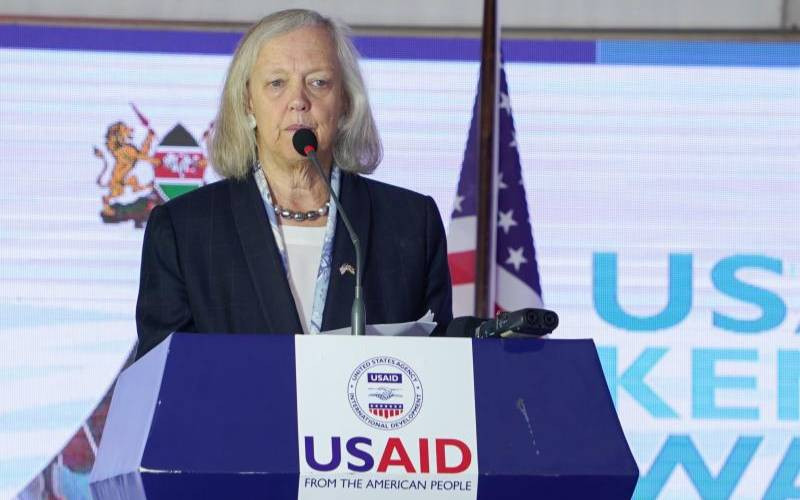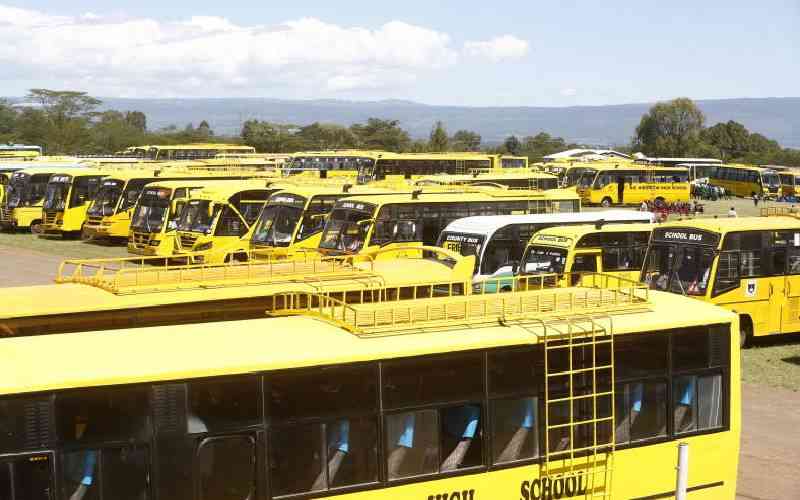Ambassador Meg Whitman, speaking when United States, through Agency for International Development (USAID), launched the U.S. Government Global Water Strategy High Priority Country Plan for Kenya announcing more than $100 million in new Water, Sanitation, and Hygiene (WASH) activities. [Courtesy]
×
The Standard e-Paper
Smart Minds Choose Us







